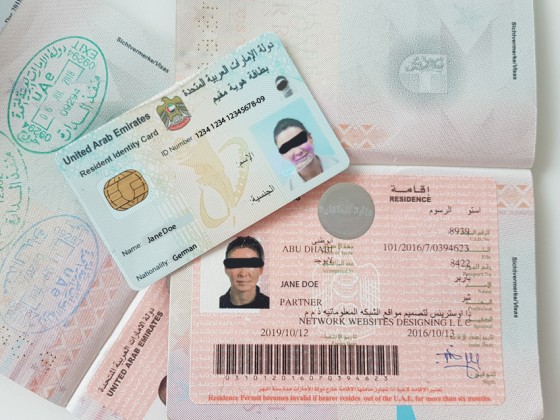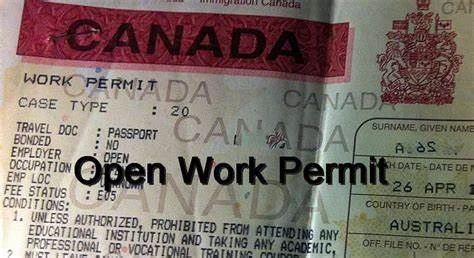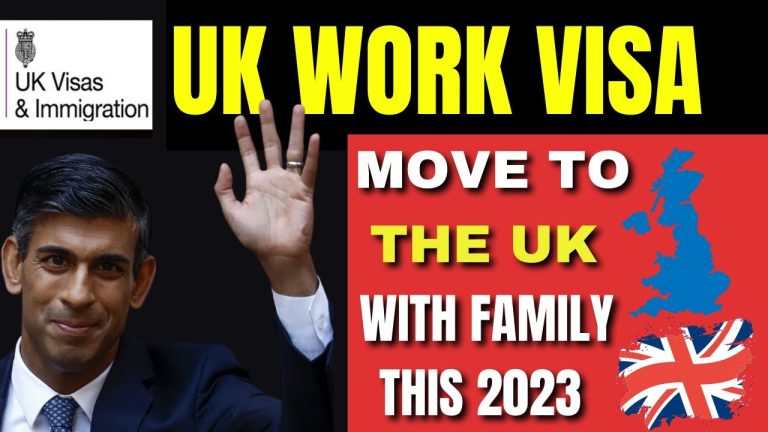Dubai residency permit Application process 2023 and Requirements
Advertisements
Dubai, a city known for its luxurious lifestyle, cultural diversity, and thriving economy, has been a magnet for expatriates seeking new opportunities and a higher standard of living. For those considering making Dubai their home in 2023, understanding the process of obtaining a residency permit is essential. In this blog post, we will delve into the details of the Dubai residency permit application process, providing insights, requirements, and tips to make your journey smoother.
Types of Residency Permits
Before diving into the application process, it’s crucial to understand the different types of residency permits available in Dubai. In 2023, Dubai offers several categories, including employment visa, investor visa, dependent visa, and retirement visa. Each category has its own eligibility criteria and benefits, catering to various individuals with diverse backgrounds and purposes of stay.
Residency permits, also known as residence visas or residence cards, are official documents issued by a country’s government that allow foreign nationals to legally reside in that country for a specified period. The types of residency permits available can vary from one country to another, and the specific names and categories may differ. Here are some common types of residency permits found in many countries:
- Temporary Residency Permit: This type of permit allows foreigners to stay in a country for a limited duration, usually for study, work, family reunification, or other temporary purposes.
- Permanent Residency Permit: Also known as indefinite or long-term residency, this permit allows foreigners to live in a country indefinitely without the need to renew their status continuously.
- Work Residency Permit: Issued to foreign nationals who have a job offer or employment contract in the country, allowing them to work and live there legally for a specific period.
- Student Residency Permit: Given to foreign students pursuing higher education or participating in an academic program, enabling them to live in the country during their studies.
- Family Residency Permit: This permit is granted to family members of citizens or permanent residents to live together in the country.
- Investor or Business Residency Permit: Some countries offer residency permits to individuals who invest a significant amount of money or start a business within their borders.
- Retirement Residency Permit: Certain countries offer residency permits for retirees who can demonstrate a sufficient source of income and meet other eligibility criteria.
- Humanitarian Residency Permit: Granted to individuals fleeing from war, persecution, or humanitarian crises, allowing them to reside temporarily in a safe country.
- EU Blue Card: Issued by some European Union (EU) countries to highly skilled non-EU nationals, enabling them to work and live within the EU.
- Golden Visa: Offered by several countries to investors or property buyers who make substantial investments in their economy.
Eligibility Criteria
To apply for a Dubai residency permit in 2023, applicants must meet specific eligibility criteria. These may include possessing a valid passport, a clean criminal record, a sponsor (in most cases), and fulfilling the requirements associated with the chosen visa category. Understanding and meeting these criteria is crucial to avoid any delays or rejections in the application process.
Selecting the Right Visa Category
Choosing the most suitable visa category that aligns with your purpose of stay is vital. Whether you are an employee, an entrepreneur, a student, or a retiree, Dubai has a visa option tailored to your needs. We will delve into each category, highlighting their unique features and benefits.
Advertisements
The Application Process
The Dubai residency permit application process in 2023 typically involves several steps, including obtaining the necessary documents, obtaining a sponsor (if required), applying online through the official portal, and undergoing medical examinations. We will provide a step-by-step guide to help you navigate through each stage effortlessly.
Documents Required
The documents required for a Dubai residency permit application in 2023 may include but are not limited to a valid passport, passport-sized photographs, a completed application form, educational certificates (if applicable), medical records, and a valid health insurance policy. Ensuring that you have all the necessary documents in order will streamline the application process.
Medical Examination
Health is a crucial aspect of the Dubai residency permit application process. Applicants are generally required to undergo medical examinations to ensure they are free from contagious diseases. We will explain what to expect during the medical examination and how to obtain the necessary health certificates.
Sponsorship
For many visa categories, having a sponsor is a mandatory requirement. A sponsor could be an employer, a family member, or a business partner who is a UAE resident. We will discuss the responsibilities of sponsors and the role they play in the application process.
Timelines and Processing Period
The processing time for obtaining a Dubai residency permit may vary depending on the visa category and individual circumstances. We will provide insights into typical timelines, allowing applicants to plan their move accordingly.
Advertisements
Common Mistakes to Avoid
Applying for a residency permit can be a complex process, and certain common mistakes could lead to delays or rejections. Understanding these pitfalls and how to avoid them will save you time and frustration during the application process.
When applying for a Dubai residency permit, there are several common mistakes that applicants should avoid to ensure a smooth and successful process. Keep in mind that regulations and procedures may change over time, so always check with the official authorities for the most up-to-date information. As of my last update in September 2021, here are some common mistakes to avoid:
- Incomplete documentation: Ensure you have all the required documents ready before applying. Missing or incomplete paperwork can delay your application or lead to rejection.
- Not meeting eligibility criteria: Make sure you meet all the eligibility requirements for the specific residency permit you are applying for. Different types of permits have different criteria, such as employment, investment, or family sponsorship.
- Failing to apply on time: Apply for the residency permit well before your current visa or entry permit expires. Delaying the application could result in fines, penalties, or even deportation if your existing visa expires before you obtain a new one.
- Not obtaining proper health insurance: Dubai requires residents to have health insurance. Failing to obtain valid health insurance that meets the government’s criteria can lead to application rejection.
- Not providing accurate information: Be truthful and accurate when providing information on your application. Any discrepancies or false information can lead to rejection and potential legal consequences.
- Not understanding the sponsorship system: If you are applying for a family-sponsored residency permit, understand the sponsorship responsibilities and requirements. For instance, a husband can sponsor his wife and children, but there are financial criteria that must be met.
- Neglecting to cancel previous visas: If you have any previous visas, such as a tourist visa or a canceled residency visa, make sure they are appropriately canceled before applying for a new residency permit.
- Not conducting proper research: Understand the specific requirements and processes for the type of residency permit you are applying for. Each category may have unique conditions that need to be fulfilled.
- Relying on unauthorized agents: Only use authorized agents or service centers to submit your application. Relying on unauthorized agents can lead to fraud or delays in processing.
- Not maintaining the required financial status: Some residency permits have minimum financial requirements, such as a minimum salary for employment visas or specific financial investments for investor visas. Ensure you meet these requirements throughout your stay in Dubai.
- Ignoring changes in regulations: Dubai’s immigration rules and regulations may change from time to time. Stay updated with the latest information to avoid any pitfalls.
Always remember to check the official Dubai government website or consult with the relevant authorities for the most accurate and up-to-date information before applying for a residency permit.
Renewal and Cancellation
Once you have successfully obtained your Dubai residency permit, it’s essential to be aware of the renewal process to maintain your legal status in the country. Additionally, we will discuss the circumstances under which a residency permit could be canceled and how to prevent such situations.
Conclusion
In 2023, Dubai continues to be an attractive destination for expatriates seeking opportunities and a high-quality lifestyle. Navigating the Dubai residency permit application process can be a daunting task, but armed with the right information and a clear understanding of the requirements, it becomes more manageable.
Advertisements






